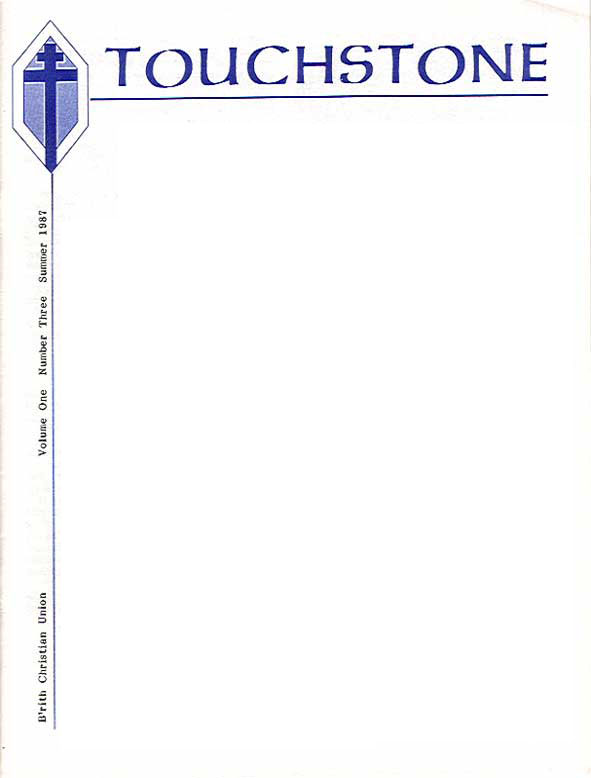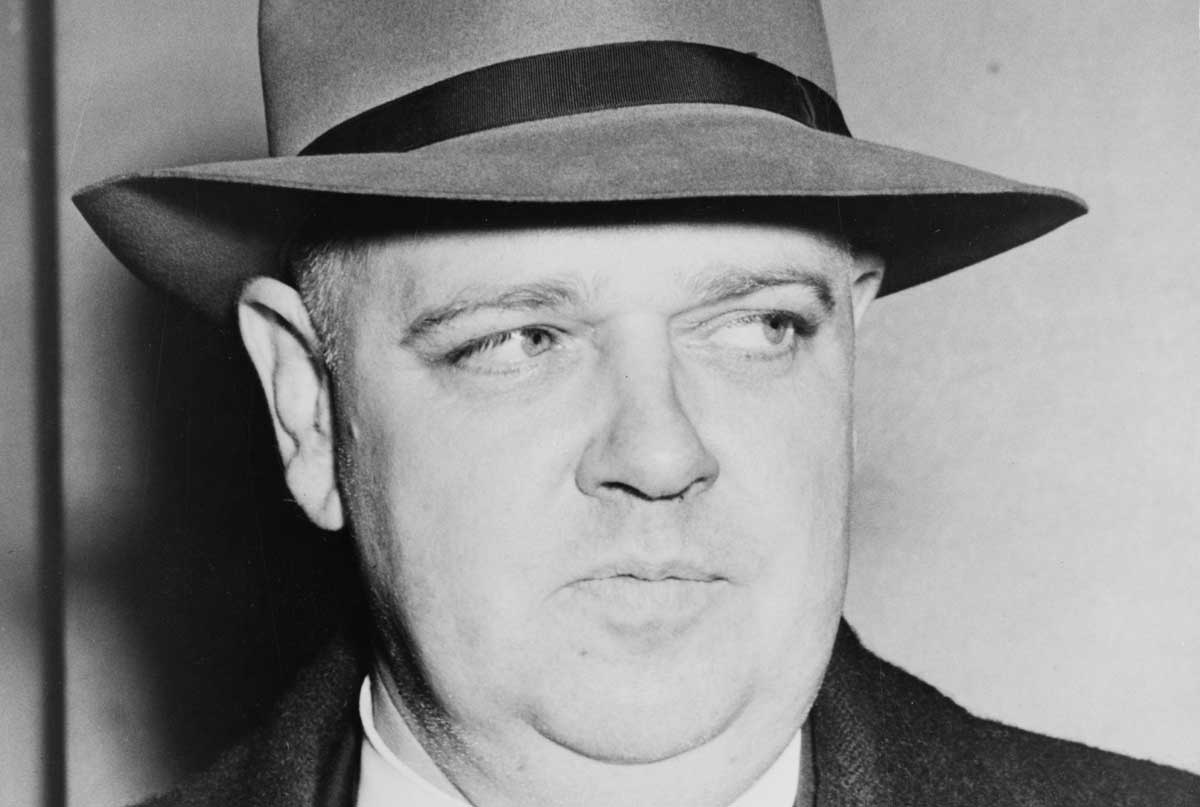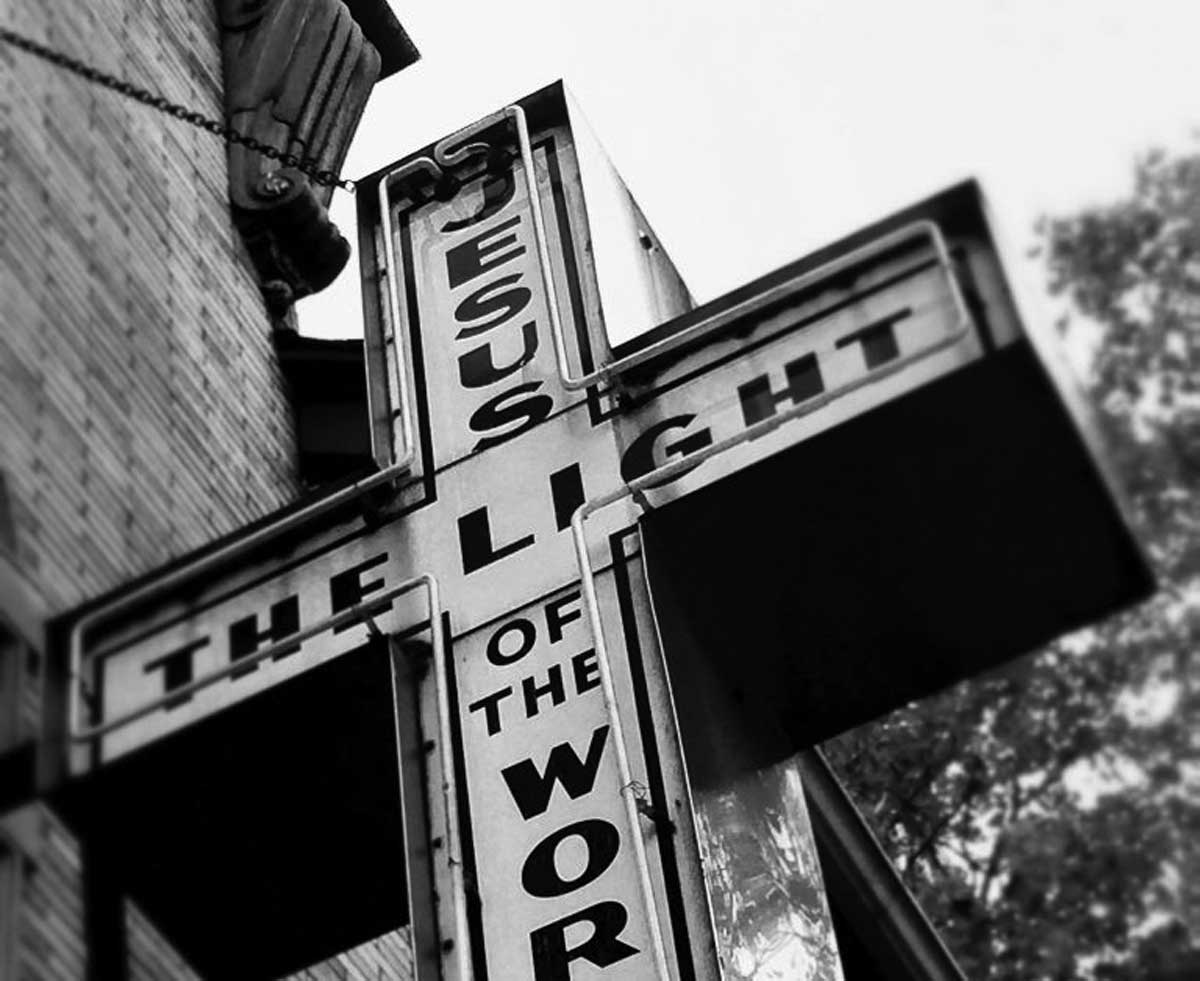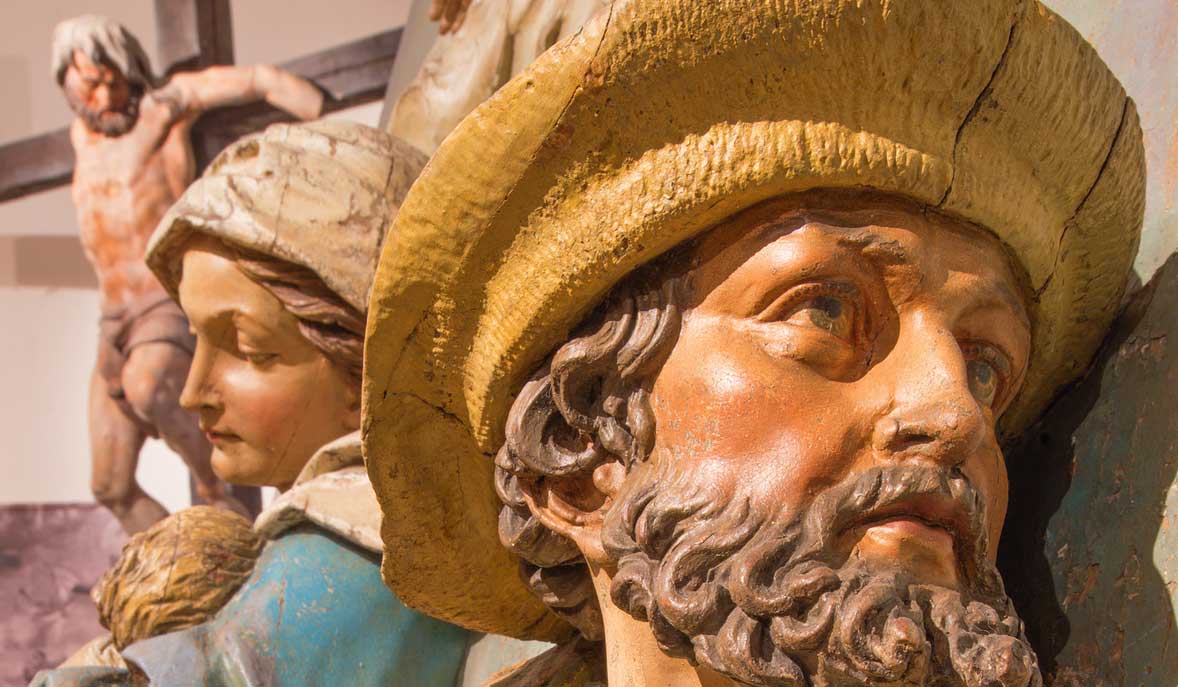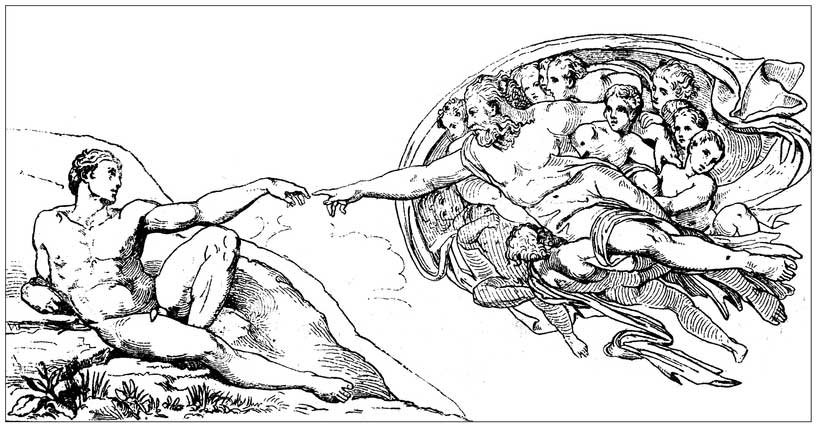A Historian & His World
A Historian and His World: A Life of Christopher Dawson, 1889–1970
by Christina Scott
London: Sheed & Ward, 1984. 240 pages.
reviewed by John Thompson
This book is the story of one man’s passion to write history, and to set it right, where he felt that others had failed to do justice to the vital principle of religion in general and Christianity in particular. The scene which Christopher Dawson set himself to survey was the history of culture, and his perspective was decidedly Christian. For most of his adulthood he was a committed Roman Catholic, but he never succumbed to the type of triumphalism that marked certain other English, Catholic intellectuals. On the contrary, he had a reputation for being irenic and ecumenical, fair and evenhanded. And from this perspective he taught and wrote—twenty-four books and nearly two hundred published essays and articles. He had the good fortune to conceive of his task in his youth, and then be enabled to carry it forward through a long and fruitful life. In this biography, A Historian and His World, Dawson’s daughter gives us a unique glimpse of her father’s vision and how he worked to communicate it to his fellowman.
Christopher Dawson was a product of the Victorian era. Born in 1889 to an Anglican family with a staunchly Anglo-Catholic father and a devout mother, Dawson was educated in his early boyhood at the family home in Yorkshire. Later, young Christopher went to boarding school where he suffered through difficult years that left him discouraged and scarred with the poor health that would plague him for the rest of his life. He eventually enrolled at Balliol College, Oxford.
For the most part, he did not benefit greatly from formal educational settings, and Oxford was no exception. He was fortunate, however, to have a tutor, Ernest Barker, who understood how to awaken the young lad’s wide-ranging interest without stifling it within the confines of the required syllabus. Perhaps an even stronger influence on Dawson at Oxford were the friendships that he formed there, particularly that of Edward Watkin. Dawson the Anglican and Watkin the Catholic became lifelong friends; Dawson’s own conversion to Catholicism in 1914 was in no small part due to his friend’s influence. And it was at Oxford that Dawson conceived of his life’s work. Here “Christopher developed a clear idea of becoming a historian and . . . his ambition was to write a history of culture.” (p. 57)
After his graduation from Oxford, his career plans were sharply limited by his doctor’s pronouncement that he was medically unfit for a full time occupation. His father agreed to provide him with a modest income, which also made it possible for him to marry Valery Mills, whom he had met at Oxford. In his case, ill health enabled him to read voluminously in history and literature and thereby laid the foundation for much of his later work.
In 1928, Dawson published his first book, The Age of the Gods, which gave a panoramic view of the development of civilization from the Stone Age to the end of the Bronze Age. This was actually intended to be the second volume of his projected five-volume series on the history of culture. It was not exactly a best seller (some 935 copies were sold in the first year), but it received positive reviews. The Age of the Gods was characterized by the strengths which were to become his trademarks: balance, breadth of perspective, and the ability to distill others’ research into intelligible form. As one historian commented, “I had always hoped that someone . . . would reassemble the dry bones served up by myself and other and . . . reanimate the frame of prehistoric humanity. The book before us is the most successful effort in that direction that I have come across.” (p. 85)
His second book was probably his most influential. In Progress and Religion he took up the gauntlet against popular belief in “Progress.” In contrast to those who were pointing to technological advances as an indication of the advance of civilization, Dawson stressed that there had to be a vision which underlay any great civilization, and that this vision was always rooted in religion, in a belief in the supernatural. The preoccupation with “technique,” as he called it, could only have ominous consequences if it was not tempered with a truly Christian conscience.
The three decades (1928–1958) after the publication of his first book were to be his most productive. During these years he would produce no fewer than 18 books and over 170 essays and articles. His ill health and his failure to obtain a full-time teaching position (he missed an appointment at Leeds University because he was a Catholic) providentially combined to give him time for writing. Ironically, because of this, he was able to reach a much wider audience than he could have with a faculty position. By the time that he had reached his mid-forties, Dawson’s opinions were being sought out by editors, publishers, and the BBC on topics ranging from sociology to politics to religion. His daughter writes:
He was the more valued in such matters because while he clearly and firmly expressed a Christian view, his temper was more ecumenical than controversial, and he had more command of his subject than some publicists. (p. 122)
As the threat of Fascism in Europe became more and more of a reality in the early thirties, Dawson turned his attention from ancient and medieval civilizations to the contemporary scene. He was a practiced observer of subtle shifts in civilizations and societies, and when he saw trouble on the horizon in Germany, he wrote to a friend in 1933 that
the German Revolution has depressed me exceedingly. It entirely blocks one line of advance, and it opens up a whole vista of horrible possibilities that are rapidly becoming probabilities. (p. 123)
John Thompson is a librarian and professor at Waynesburg University, Waynesburg, Pennsylvania
bulk subscriptions
Order Touchstone subscriptions in bulk and save $10 per sub! Each subscription includes 6 issues of Touchstone plus full online access to touchstonemag.com—including archives, videos, and pdf downloads of recent issues for only $29.95 each! Great for churches or study groups.
Transactions will be processed on a secure server.
more on history from the online archives
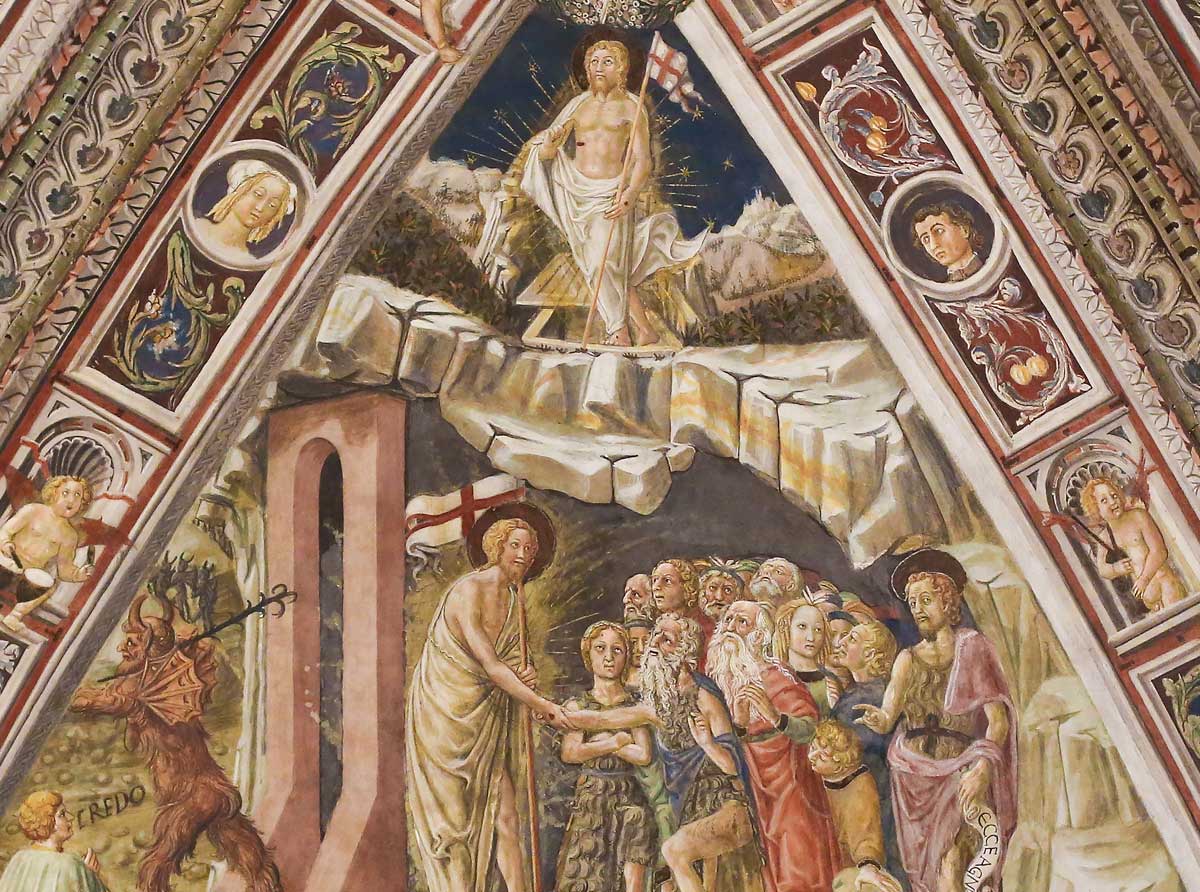
14.6—July/August 2001
The Transformed Relics of the Fall
on the Fulfillment of History in Christ by Patrick Henry Reardon

15.6—July/August 2002
Things Hidden Since the Beginning of the World
The Shape of Divine Providence & Human History by James Hitchcock
more from the online archives
calling all readers
Please Donate
"There are magazines worth reading but few worth saving . . . Touchstone is just such a magazine."
—Alice von Hildebrand
"Here we do not concede one square millimeter of territory to falsehood, folly, contemporary sentimentality, or fashion. We speak the truth, and let God be our judge. . . . Touchstone is the one committedly Christian conservative journal."
—Anthony Esolen, Touchstone senior editor





